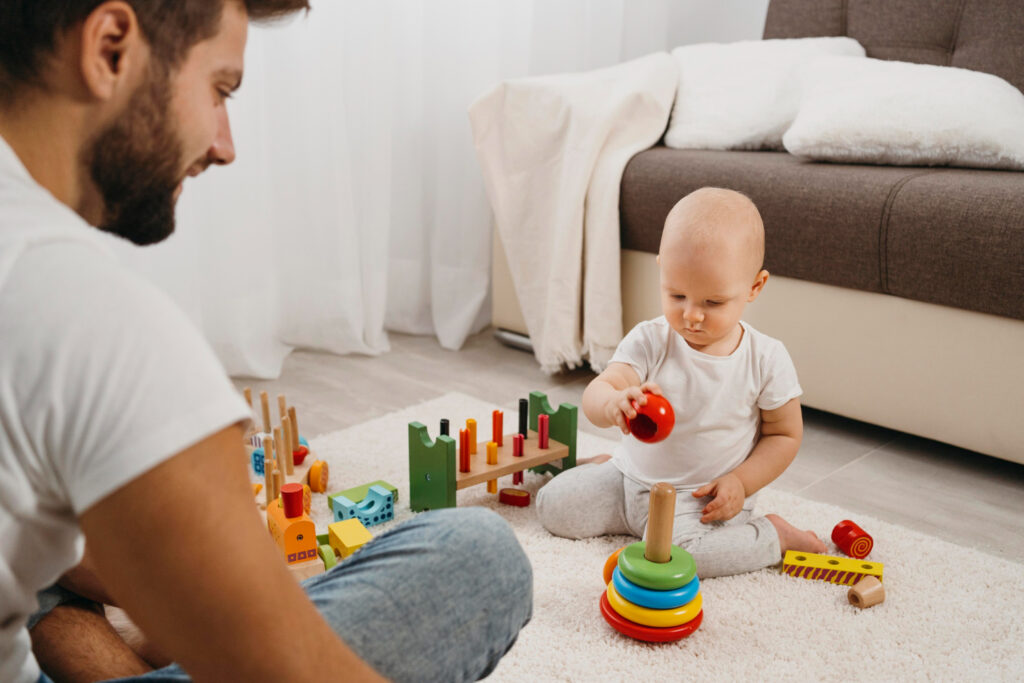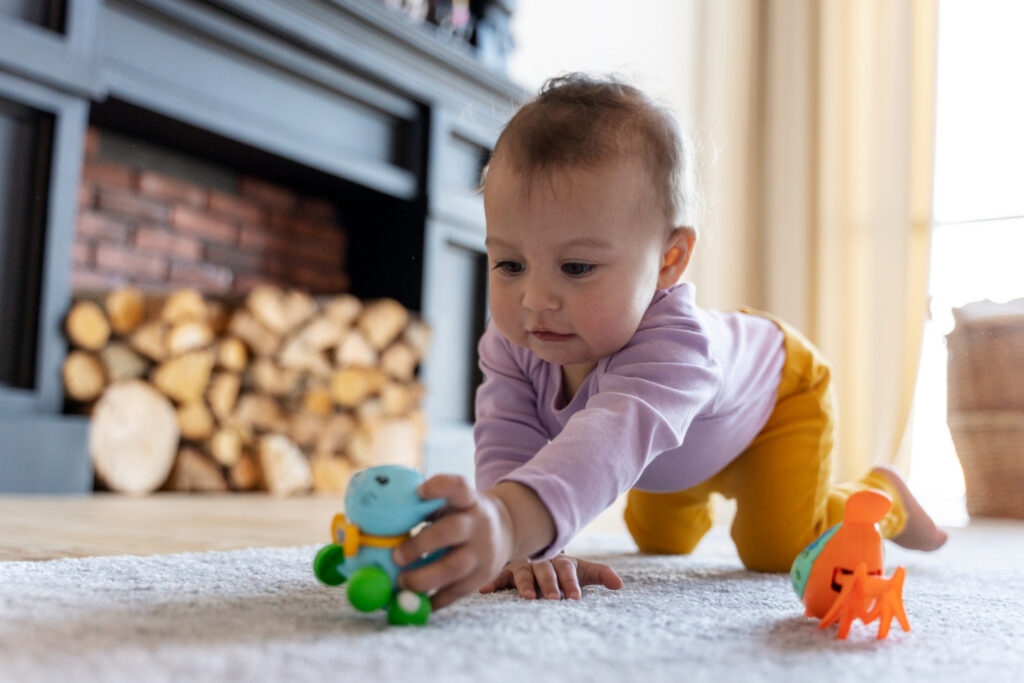
Introduction:
Toys are more than just playthings; they serve as powerful tools for your toddler’s growth and development. With a vast array of options available, selecting the right toys for your child can feel like a daunting task. However, by understanding your toddler’s developmental needs and preferences, you can choose toys that engage their curiosity, foster creativity, and promote learning. In this article, we’ll explore essential factors to consider when selecting toys for your toddler’s development, empowering you to make informed choices that support their cognitive, social, and physical growth.
1. Consider Developmental Milestones:
Begin by considering your toddler’s developmental stage and the skills they are currently mastering. Choose toys that align with their abilities and interests, providing opportunities for exploration and skill-building. For example, infants may benefit from toys that stimulate their senses and encourage grasping and reaching, while older toddlers may enjoy toys that promote problem-solving, imagination, and pretend play.
2. Choose Open-Ended Toys:
Opt for toys that encourage open-ended play and imagination, allowing your toddler to explore and create in multiple ways. Open-ended toys, such as building blocks, shape sorters, and art supplies, offer endless possibilities for creativity and experimentation. These toys grow with your child, adapting to their changing interests and abilities over time.
3. Prioritize Hands-On Learning:
Select toys that engage your toddler in hands-on, interactive experiences that stimulate their senses and motor skills. Look for toys that involve manipulation, such as puzzles, stacking toys, and play dough, which help develop fine motor coordination and problem-solving skills. Choose toys with varying textures, colors, and shapes to provide sensory stimulation and encourage exploration.
4. Promote Social Interaction:
Encourage social interaction and cooperation by choosing toys that facilitate group play and collaboration. Board games, pretend play sets, and cooperative building toys encourage communication, turn-taking, and sharing among peers. These toys help develop important social skills such as empathy, cooperation, and conflict resolution, laying the foundation for positive social interactions.
5. Ensure Safety and Durability:
Prioritize safety when selecting toys for your toddler, choosing products that are age-appropriate, durable, and free from small parts or choking hazards. Look for toys that meet safety standards and are made from non-toxic materials. Inspect toys regularly for signs of wear and tear, and replace any damaged or broken items promptly to prevent accidents.
6. Rotate Toys and Offer Variety:
Keep playtime fresh and engaging by rotating toys regularly and offering a diverse range of options. Introduce new toys periodically to spark your toddler’s interest and encourage exploration. Rotate toys based on themes or learning objectives, providing opportunities for your child to discover new skills and interests through play.

Conclusion:
Choosing the right toys for your toddler’s development is a thoughtful and intentional process that requires consideration of their unique needs and interests. By selecting toys that align with their developmental milestones, prioritize hands-on learning, promote social interaction, ensure safety and durability, and offer variety through rotation, you can create a rich and stimulating play environment that supports your child’s growth and learning. Embrace play as a valuable opportunity for exploration, creativity, and discovery, and watch as your toddler thrives and flourishes with the right toys by their side.

